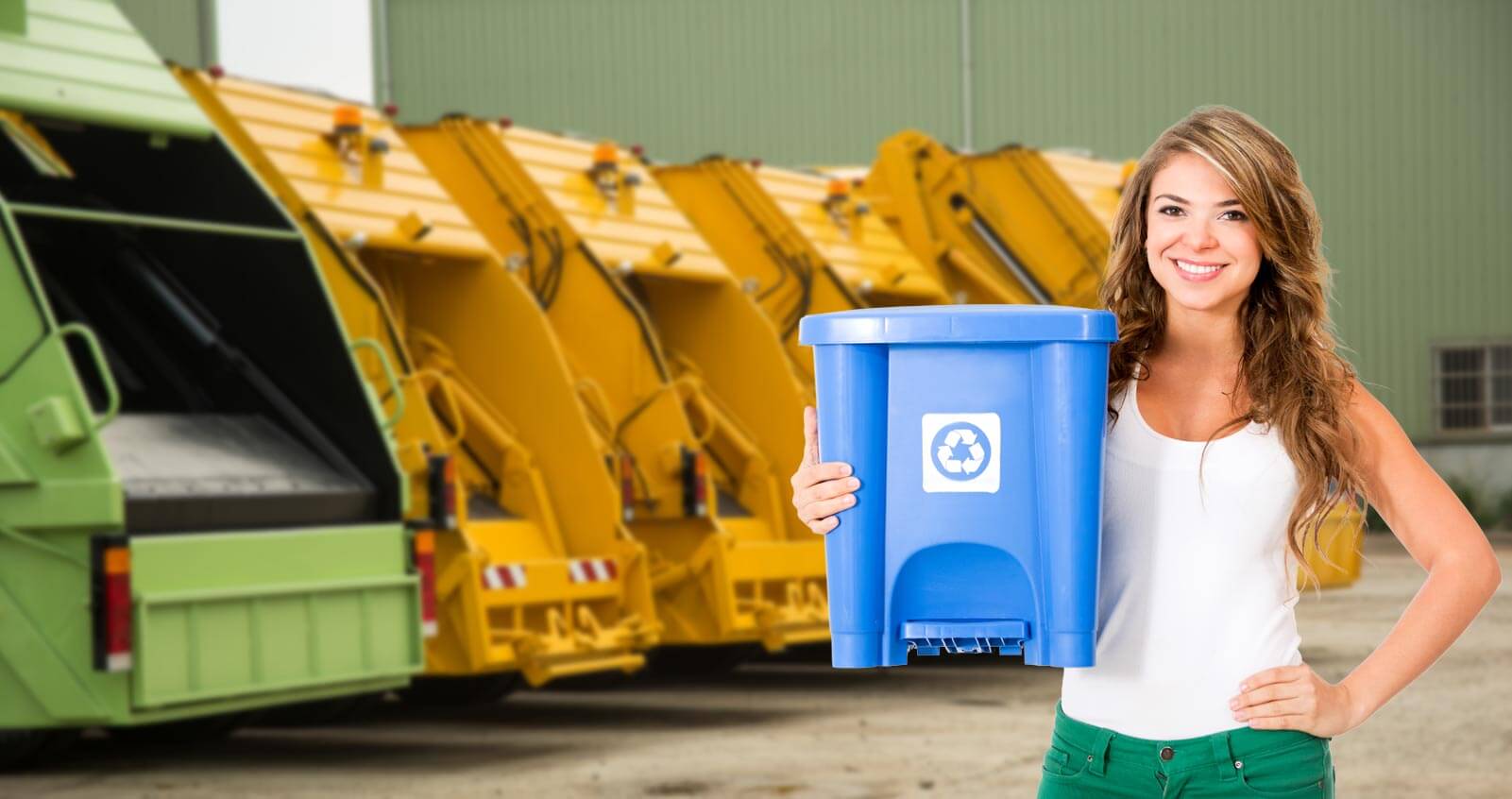A Closer Look at Sustainable Practices in the UK
Posted on 22/08/2025

The concept of sustainability has gained significant attention in recent years, with more and more people becoming aware of the impact their actions have on the environment. The United Kingdom (UK) has been at the forefront of promoting sustainable practices, with various initiatives and policies in place to reduce carbon emissions and promote environmentally-friendly practices. In this article, we will take a closer look at sustainability in the UK, its current state, and what steps are being taken to ensure a greener future.
What is Sustainability?
Sustainability can be defined as meeting the needs of the present without compromising the ability of future generations to meet their own needs. It involves incorporating economic, social, and environmental aspects into decision making to achieve long-term well-being for all. Sustainable practices aim to minimize waste, conserve natural resources, and support biodiversity while also considering the social implications of our actions.
Current State of Sustainability in the UK
In recent years, the UK has made significant progress in promoting sustainable practices. According to a report by Global Footprint Network, the country's ecological footprint reduced by 9% between 2005 and 2018, showing a positive trend towards sustainability. This reduction is attributed to various initiatives such as increasing renewable energy production, promoting recycling and waste reduction, and implementing sustainable transportation methods.
One of the key factors contributing to sustainability in the UK is its commitment to reducing carbon emissions. The country has set a target to become net-zero carbon by 2050, which means it will produce no more greenhouse gas emissions than it can offset through measures such as planting trees or using carbon capture technology. To achieve this goal, the government has introduced policies such as investing in renewable energy sources and implementing stricter regulations for businesses.
Sustainable Practices in Different Sectors
1. Energy: The UK government has set targets for renewable energy consumption, aiming for at least 30% of electricity generation from renewable sources by 2020. This has led to an increase in the use of wind, solar, and hydro power, reducing the country's reliance on fossil fuels. The government is also encouraging individuals to switch to renewable energy sources for their homes, such as solar panels or geothermal heating.
2. Transportation: The UK has been promoting sustainable transportation methods such as cycling and public transportation to reduce carbon emissions from vehicles. In London, for example, the introduction of a congestion charge for vehicles entering the city center has led to a significant decrease in traffic and a decrease in air pollution levels.
3. Waste Management: The UK has implemented various policies to reduce waste and promote recycling. For instance, businesses are required to separate recyclable materials from general waste, and households are encouraged to recycle through incentives such as reduced council tax rates for those who recycle more.
Pros and Cons of Sustainable Practices
Pros:
1. Environmental Benefits: One of the primary benefits of sustainable practices is protecting the environment and preserving natural resources. By reducing carbon emissions and promoting renewable energy sources, we can mitigate the effects of climate change and ensure a greener planet for future generations.
2. Economic Benefits: Sustainable practices also bring economic benefits, such as creating new jobs in renewable energy industries and reducing long-term costs associated with environmental damage.
3. Social Benefits: Sustainable practices take into account the social implications of our actions. For instance, promoting green transportation methods can improve air quality in cities and make them more livable for residents.
Cons:
1. Initial Costs: Implementing sustainable practices often comes with initial costs that may be higher than traditional methods. For example, installing solar panels or investing in eco-friendly equipment may require significant upfront investment.
2. Behavioral Change: Adopting sustainable practices also requires a change in behavior and habits which may not be easy for everyone. It may also take time for people to see the benefits of their actions, leading to resistance towards change.
Tips for Incorporating Sustainable Practices
1. Start Small: You don't have to make significant changes all at once. Start by making small changes such as using energy-efficient light bulbs or recycling more, and gradually incorporate more sustainable practices into your daily life.
2. Educate Yourself: It's essential to educate yourself on the latest sustainable practices and their benefits. This will help you make informed decisions and understand the impact of your actions on the environment.
3. Support Sustainable Businesses: Look for businesses that have sustainability as a core value, whether it's in the products they offer or their operations. By supporting these businesses, you are encouraging them to continue their efforts towards sustainability.
Takeaways
Sustainability is not just about protecting the environment; it also involves economic and social aspects. The UK has made significant progress in promoting sustainable practices, but there is still much more to be done. As individuals, we can play our part by adopting sustainable practices in our daily lives and supporting businesses that prioritize sustainability.
Conclusion
In conclusion, sustainability is a crucial aspect of ensuring a better future for ourselves and future generations. The UK has taken significant steps towards promoting sustainable practices, with policies and initiatives in place to reduce carbon emissions and preserve natural resources. By incorporating sustainable practices into our daily lives, we can contribute towards creating a greener and healthier planet for all. Let's work together towards a more sustainable future for the UK and beyond.





